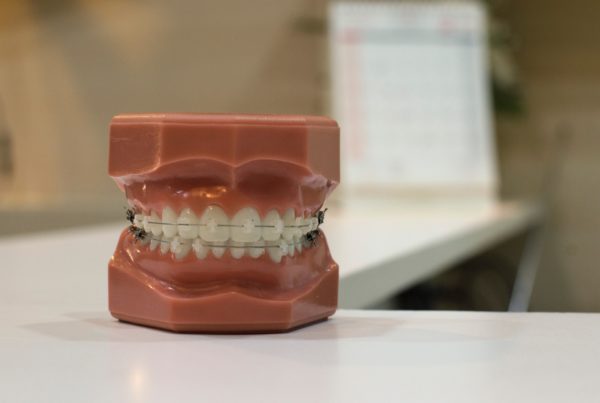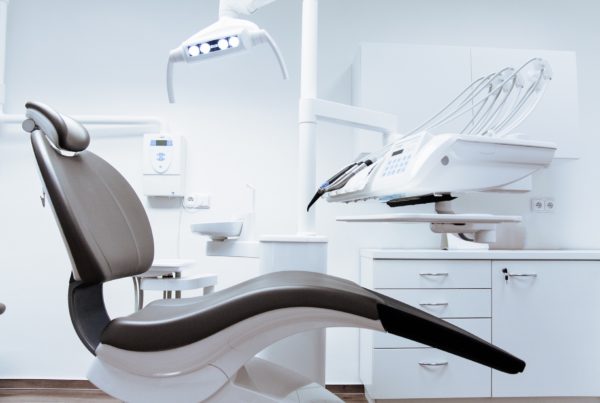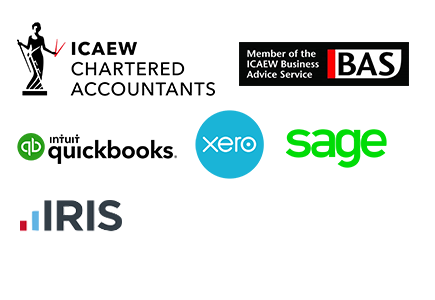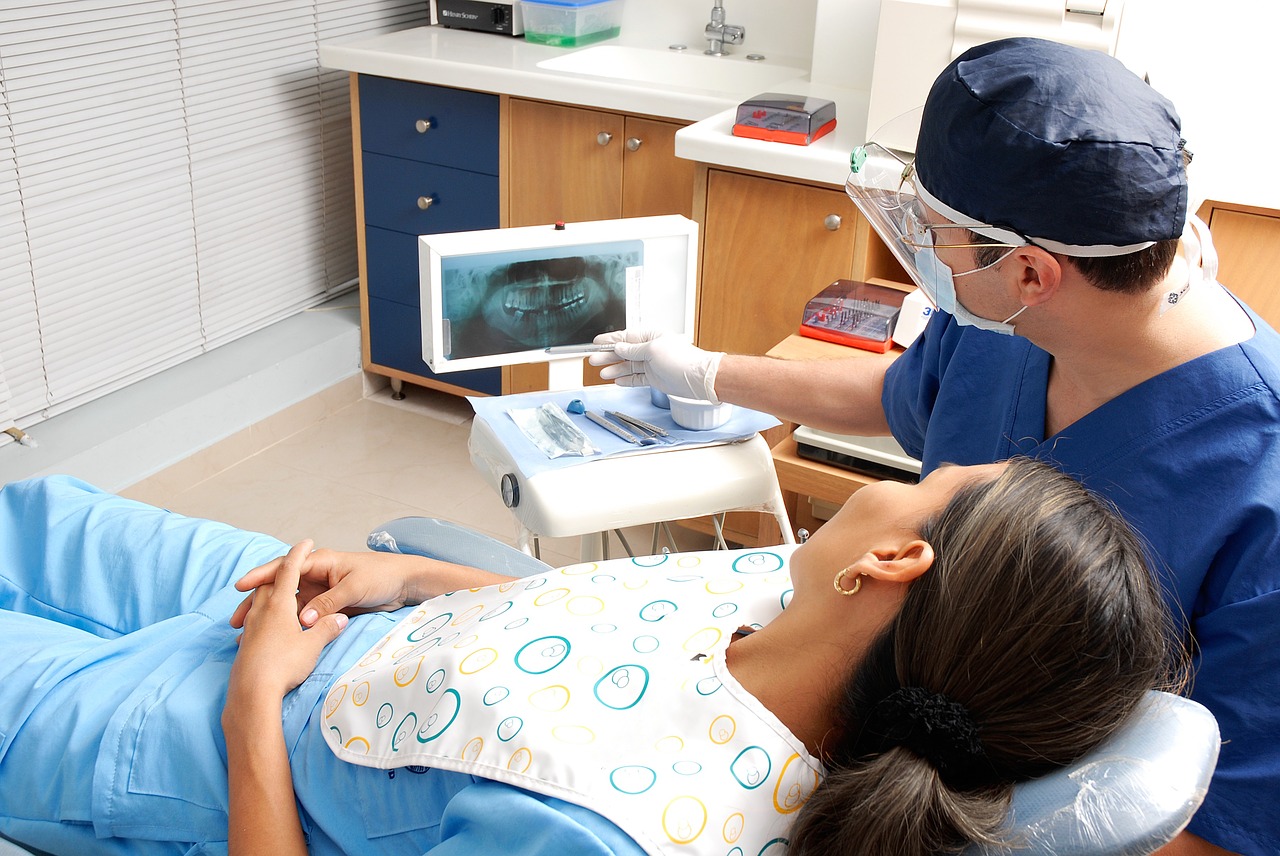
How you structure your dental practice will have a dramatic impact on its administration, tax liability and day-to-day management, so it’s important to consider the implications of each option early on. Although some dental practices operate as partnerships, it’s more common for dentists to establish themselves as self-employed sole traders or as a limited liability company.
Whilst incorporation does have a range of benefits, being a self-employed dentist can also be advantageous for many people. Essentially, you will need to consider the pros and cons of each option and determine which business structure is best suited to your needs and personal circumstances.
What does incorporation mean?
If you incorporate your practice, it means that you set up a limited company (i.e. an ‘Ltd’). This company is distinct from you as an individual, although you may act as a director and majority shareholder. As limited companies are distinct legal entities, they remain separate from your personal liabilities.
In business, forming a limited company as opposed to operating as a sole trader ensures that any of the debts or liabilities belonging to the company cannot be transferred to you personally. Conversely, as a sole trader, your personal assets could be called in to repay business debts, as the business is not distinct from you as an individual. This offers additional protection to the business owner and ensures that their personal assets are not in jeopardy in relation to the business they own and run.
If you choose to incorporate your dental practice, you will ensure that any personal assets you own, such as your house or car, cannot be called in to repay company creditors or debts. Should the company face legal action, for example, any subsequent financial order will not affect your own personal assets.
Whilst the protection of your personal assets may seem like a good enough reason to incorporate your dental practices, there are other considerations which must be taken into account before you decide whether or not incorporation is right for you.
What are the advantages of company formation for dentists?
Choosing between self-employed or limited company for dentists isn’t always easy, so it’s important to determine what the advantages of each option are. With many misconceptions surrounding incorporation, you’ll need to ensure that you understand exactly what company formation for dentists entails and what the realities of running a limited company are.
Reducing your tax liability
Limited companies pay corporation tax on their profits, and this can result in significant savings when compared to the tax liability of a self-employed dentist. Currently set at 19% corporation tax is significantly lower than the existing higher and additional income tax rates. Whilst directors and employees of limited companies will still be required to pay income tax on their individual earnings (once the company has paid corporation tax), incorporating a dental practice usually attracts a reduced tax liability.
 Drawing income through dividends
Drawing income through dividends
Instead of or as well as taking a salary, company directors can choose to take dividends from the business. This also enables you to minimise your tax liability and can reduce your personal liability. Whilst there have been changes to the rules governing the taxation of dividends, many company directors still benefit from taking income in this way and are still able to reduce their tax liability by doing so.
Minimising National Insurance contributions
As a company director, you could choose to take a small basic salary and the rest of your income as dividends. Providing your basic salary doesn’t exceed the threshold for National Insurance contributions, this would reduce your required contributions to nil, thus saving you a significant amount each year.
Using your spouse’s tax allowances
If you create a limited company, it may be possible to appoint your spouse as a shareholder and if they are involved in the business to pay an annual salary. Under certain circumstances this can enable them to draw tax-free dividends and income from the business, up to the relevant threshold. Whilst this is a viable and tax-efficient option, HMRC rules need to be compiled with and professional and tailored advice should always be sought.
 Relevant life assurance
Relevant life assurance
Company directors and employees are often able to take out relevant life assurance policies, which provides you with life cover in a tax-efficient manner. As any company director or employee can take out relevant life assurance, your spouse could also benefit, if you choose to appoint them. As the cost of such policies is can be considered a business expense, the cost of the premiums can be deducted from the taxable profits of the dental practice, thus securing further savings.
What are the disadvantages of company formation for dentists?
The advantages associated with running a limited company may make incorporating your dental practice seem like an attractive option. However, there can be negatives associated with company formation for dentists, so it’s important to ensure it’s the right option for your personal circumstances before you make a final decision. As such, you’ll need to consider the disadvantages associated with company formation for dentists in order to evaluate whether you are better of trading as self-employed or as a limited company for dentists.
Paying tax on dividends
Although drawing an income via dividends is one of the advantages of incorporating your dental practice, the increased tax liability of dividend income does muddy the waters somewhat. Whilst you can take certain amounts as a tax-free dividend, directors do now pay income tax on any dividend income above the relevant thresholds.
 NHS Pension Scheme membership
NHS Pension Scheme membership
Currently, the NHS Pension Scheme doesn’t allow dental associates who are operating as a limited company to be a member. If you’re operating a dental associate, you will, therefore, only be able to make contributions to a private pension scheme, as opposed to the dedicated NHS scheme.
Whilst principals who are operating as a limited company are able to be members of the NHS pension scheme, they can only make contributions which are equivalent to their salary and dividend income, according to the current guidelines.
Whilst the option to pay into a private pension is always available, the NHS Pension Scheme can be valuable and obtaining the same level of benefits via a private scheme can prove to be much costlier.
NHS Incorporation Policy
If you are a dentist with an NHS contract, you will require approval before you can incorporate your practice. In general, the NHS incorporation policy asserts that an efficiency review will be carried out following incorporation, which could result in a reduction in your UDA and/or UOA rate, the NHS must agree to the sale of any shares or the business, the NHS must approve ownership of company shares and the principal must permanently guarantee the performance of the NHS contract.
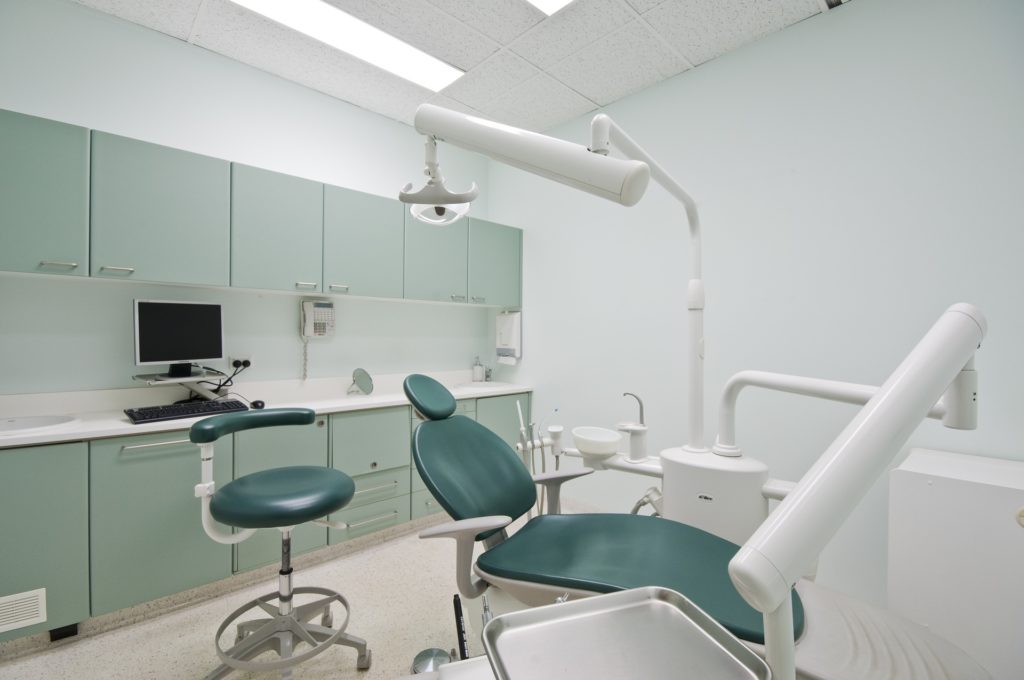
The final requirement of the NHS incorporation policy is particularly relevant, as it does mitigate the effects of incorporating in terms of creating a distinction between your personal assets and the company’s. As the NHS requires a guarantee from the principal, the future sale of the practice could result in a clawback clause being enacted. In such cases, the guarantee given by the principal may effectively ‘pierce the corporate veil’ and blur the line between the company’s assets and liabilities and the principal’s.
Sale of goodwill
The goodwill of your dental practice will have a significant impact on its value. When switching from a self-employed model to a limited company, the goodwill be used to help calculate the value of the business. Essentially, the goodwill could be sold to the new company. There used to be various tax advantages associated with this methodology, but new tax legislation has rendered them obsolete. Rather than paying capital gains tax on the sale of goodwill, dentists who are incorporating their business may simply choose to sell the goodwill at no cost, so that there is no liability for capital gains tax.
Limited personal borrowing
Some banks and commercial lenders refuse to take your dividend income into account when they assess your personal borrowing capabilities. If you wanted to apply for a mortgage or remortgage, for example, this could have a detrimental effect on your eligibility and affordability calculations. As a result, you may have less choice when it comes to finding a lender and you could end up paying higher rates of interest on any personal loans or mortgages you take out in your own name.
Choosing between self-employed or limited company for dentists
Choosing whether to form a limited company or work on a self-employed basis is a big decision and one which will have a dramatic impact on your personal and professional life. Incorporating can offer more advantages to principals than it can to dental associates, but this doesn’t necessarily mean that all principals will benefit from incorporating their practice and all associated will be better off as self-employed independent contractors.
With so many variables at play, and the threat of continually evolving tax legislation and regulation, it’s always advisable to seek professional advice when you’re considering altering the structure of your business. By seeking assistance from an experienced dental accountant or tax adviser, you can determine what the consequences of incorporation will be for you personally and, therefore, whether it is the right option for you and your business.






